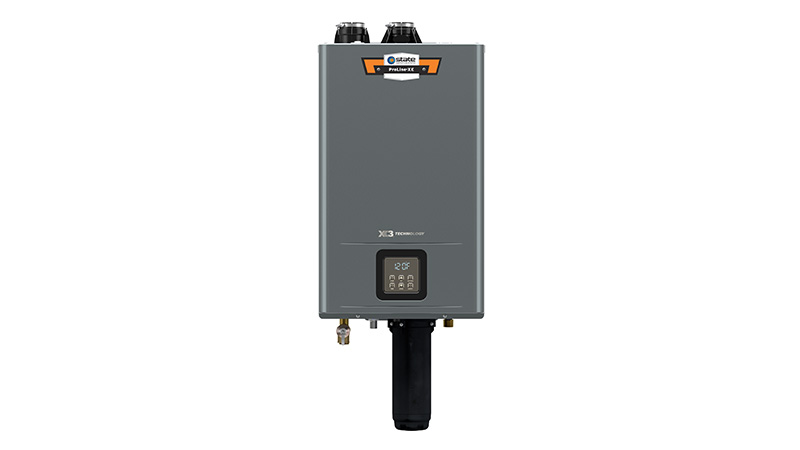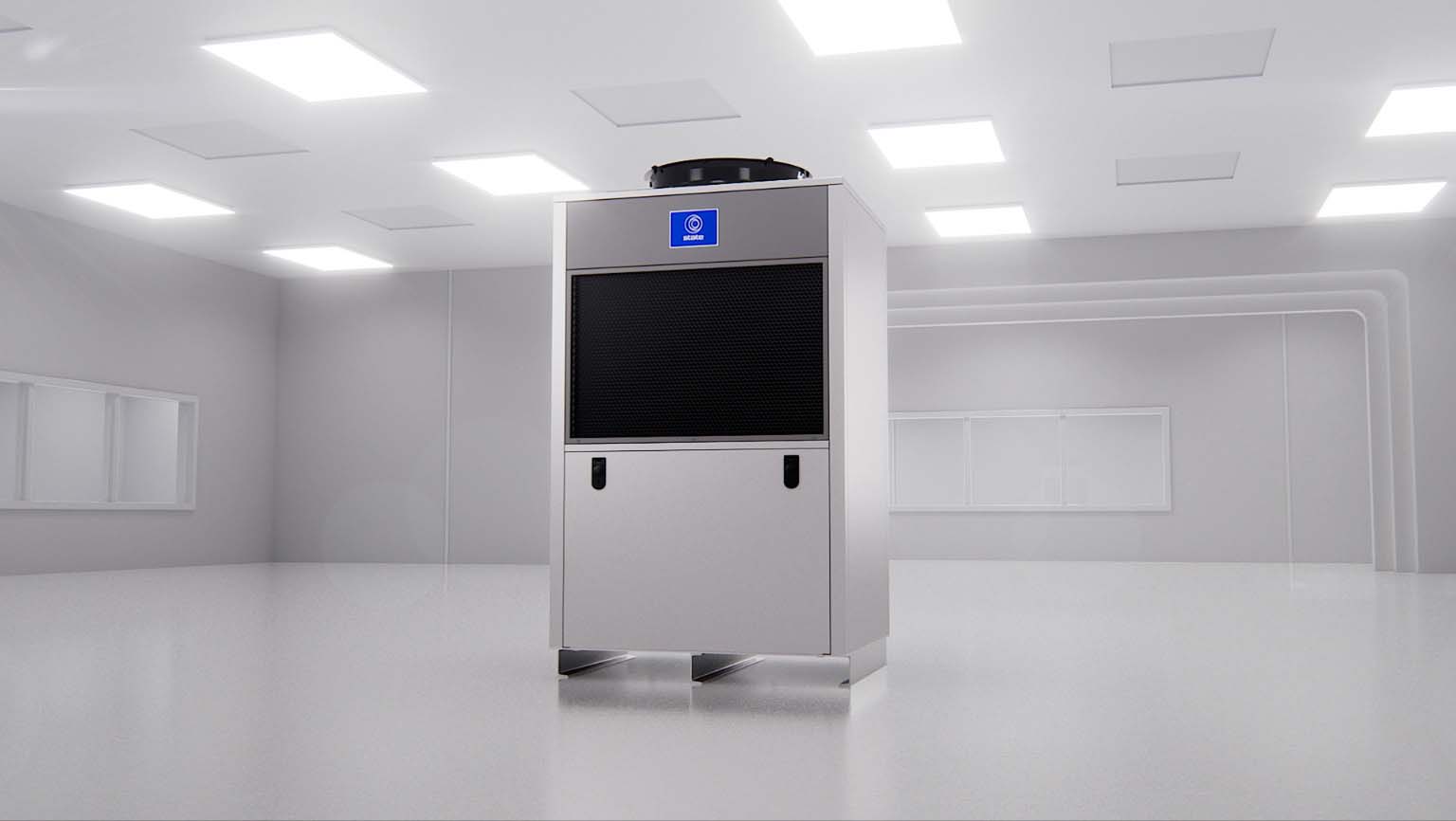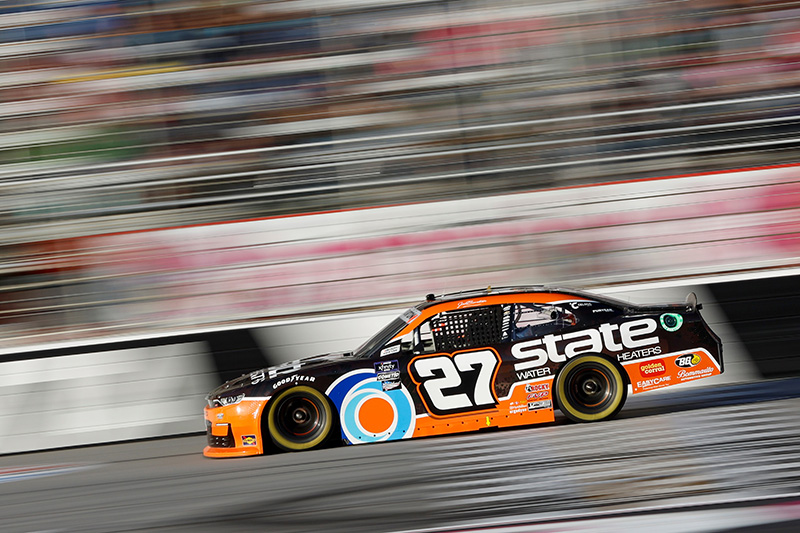By Liz Allison, LizAllison.com
Few things play as much of a role on the outcome of a race as pit stops. Races are won and lost on pit road.
Like most things in racing, pits stops have changed through the years. One of the most notable changes
is the time it takes for pit stops. What was once a fast pit stop of 55 seconds would now be considered disastrous for a Cup-level team.
The speed of pit stops at NASCAR’s top level has increased 88 percent since the formation of NASCAR in the late 40’s. In the 1950’s, teams rarely made pit stops as the length of races was shorter, making pit stops a non-issue. If they did take place, teams would turn 55 second pit stops and this was for maybe two tires.
In the 1960’s, NASCAR started racing at bigger tracks, which led to more pit stops and a quicker speed of 40 seconds. By the 1970’s, speeds progressed to 33 seconds with four-tire pit stops, 21 seconds in the 1980’s, and 16 seconds in the 1990’s.
It was the Ray Evernham-led Rainbow Warriors who really raised the bar for pit crews by slamming their competitors with 13.5 second pit stops in the late 1990’s, which led to 12 seconds in 2010.
The average speed of a pit stop in 2017: 11.5 seconds, with the fastest speed on record an incredible 10.8 seconds.
Why the increase in speed? Mainly, the addition of former pro athletes that starting migrating to the sport in 2000. NASCAR teams figured out that pro athletes were quick, athletic, strong, and precise . . . all-important qualities to an over-the- wall pit crew member.
Car owners at the Monster Energy NASCAR Cup Series level started placing more importance on quality pit crew members, virtually doing away with the shared roles of pit crew members from years-past when a pit crew member also served as a mechanic on the team. Who was once a pit crew member mechanic with limited athleticism has been replaced by athletes with limited mechanic abilities. The salary for one of these former athletes-turned- NASCAR crew members ranges from $125,000 to $250,000, putting an exclamation on the importance of these valued crew members.
Pit stop performance has become so important, Cup teams have full-time pit coaches who specialize in training the crew to be the fittest, smartest, and quickest they can be. In addition to the pit coach, teams also have strength and conditioning coaches and film study experts, all in hopes of having the fastest team on pit road. With 8-10 pit stops every race, they can play a huge role in the outcome of a race.
It appears the sky is the limit in regards to pit stop speed. It was not that long ago when crew members thought a pit stop below 12 seconds would never happen…..and it did.


